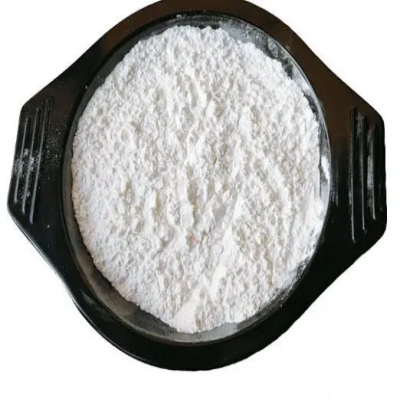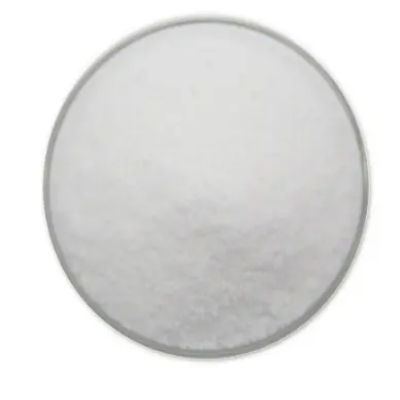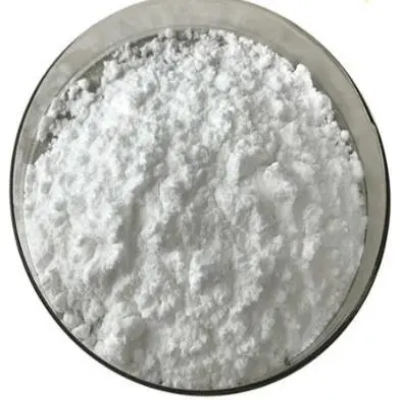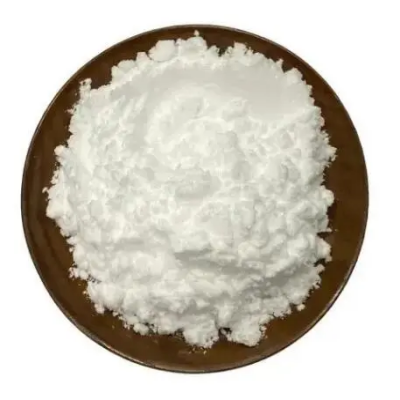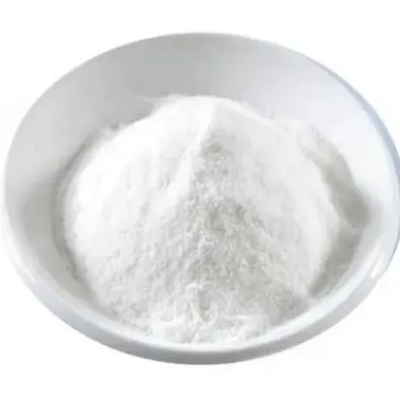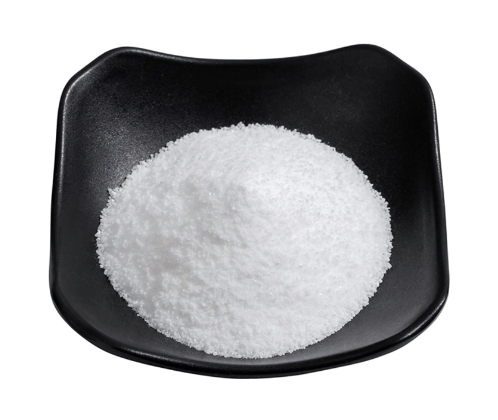Ethyl trans-1-Boc-4-hydroxypyrrolidine-3-carboxylateCAS:849935-83-7
In organic synthesis, Ethyl trans-1-Boc-4-hydroxypyrrolidine-3-carboxylate plays a crucial role as a versatile intermediate and a protecting group strategy. Chemists utilize its pyrrolidine moiety and Boc protecting group to introduce functionality into target molecules, enabling the creation of diverse compounds with tailored properties. This compound finds extensive application in the synthesis of pharmaceutical intermediates and fine chemicals, where precise control over functional groups is essential for controlling biological activity and pharmacological properties. Furthermore, Ethyl trans-1-Boc-4-hydroxypyrrolidine-3-carboxylate serves as a key intermediate in the preparation of drug candidates targeting various therapeutic areas, including central nervous system disorders, infectious diseases, and cancer. Its incorporation into molecular frameworks allows for the introduction of specific structural motifs, influencing drug-receptor interactions and enhancing therapeutic efficacy. Moreover, this compound finds utility in materials science for the synthesis of functional materials and organic electronics. By incorporating Ethyl trans-1-Boc-4-hydroxypyrrolidine-3-carboxylate into polymer backbones or surface coatings, researchers can modulate material properties such as conductivity, solubility, and optical properties, enabling applications in sensors, displays, and electronic devices. However, caution must be exercised when handling Ethyl trans-1-Boc-4-hydroxypyrrolidine-3-carboxylate due to its reactivity and potential hazards. Adherence to safety protocols, including the use of appropriate protective equipment and proper waste disposal procedures, is essential to ensure safe handling and minimize risks to health and the environment.



| Composition | C12H21NO5 |
| Assay | 99% |
| Appearance | white powder |
| CAS No. | 849935-83-7 |
| Packing | Small and bulk |
| Shelf Life | 2 years |
| Storage | Store in cool and dry area |
| Certification | ISO. |


